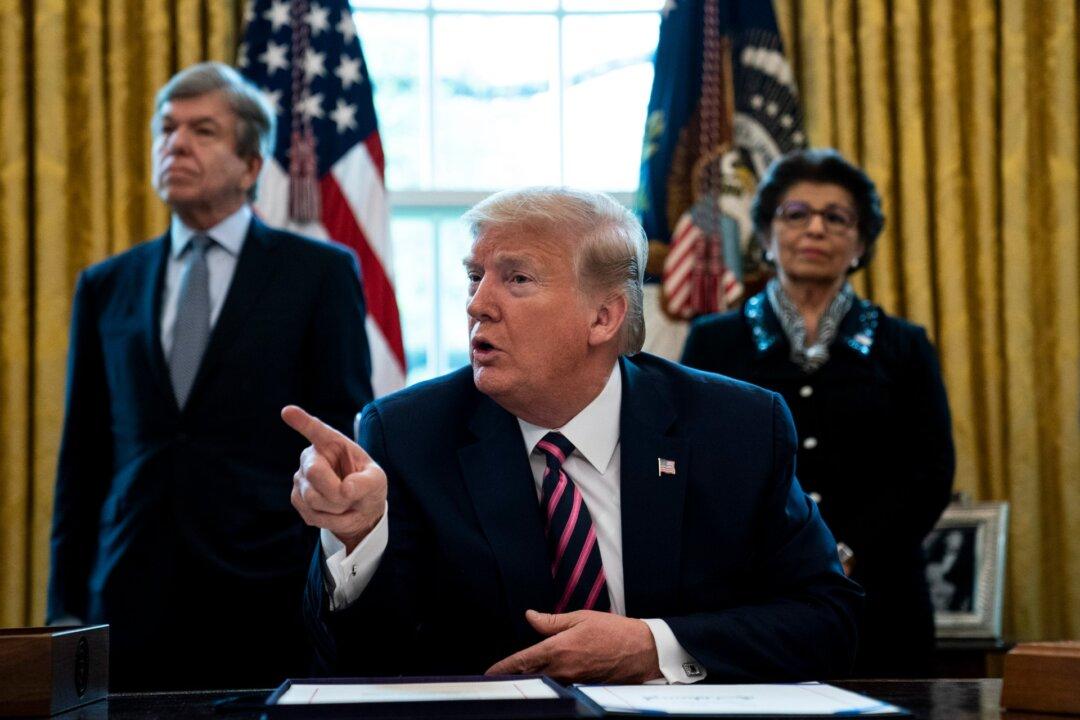President Donald Trump is working so hard on behalf of the United States amid the CCP virus pandemic, a type of novel coronavirus that emerged in China last year, that he often skips lunch, his aides told the New York Post.
White House staffers told the Post that Trump’s schedule is so jam-packed as he works toward helping safely reopen the economy, among other pressing issues, that he can make five dozen work-related calls a day, leaving him with very little time to eat.




